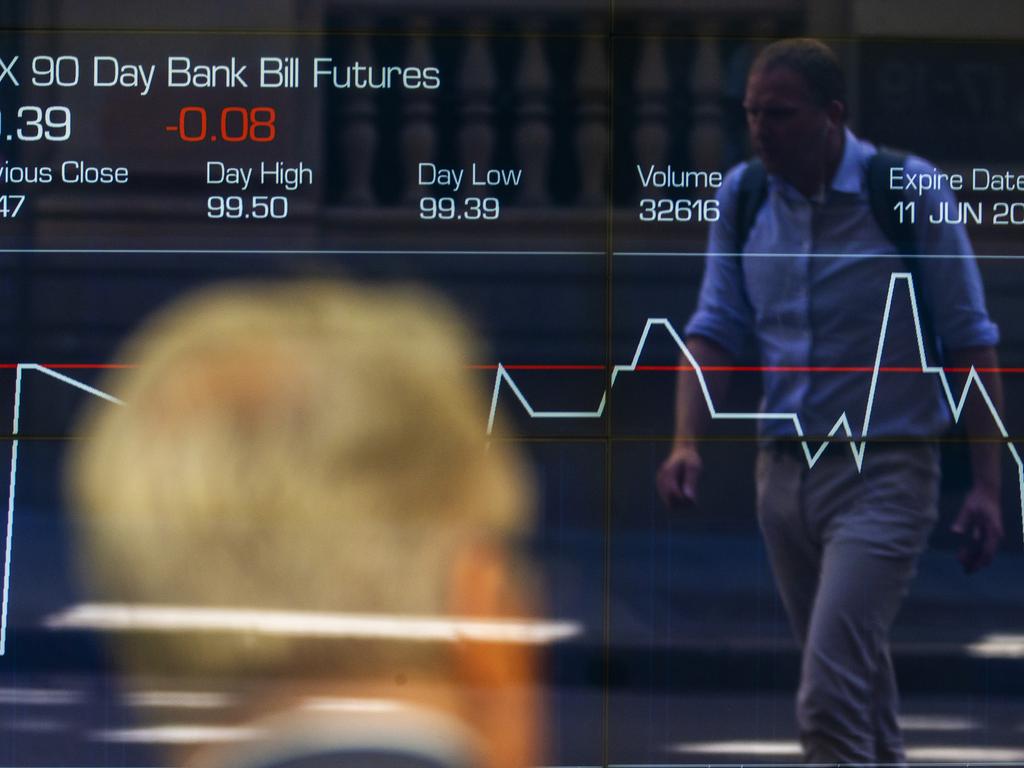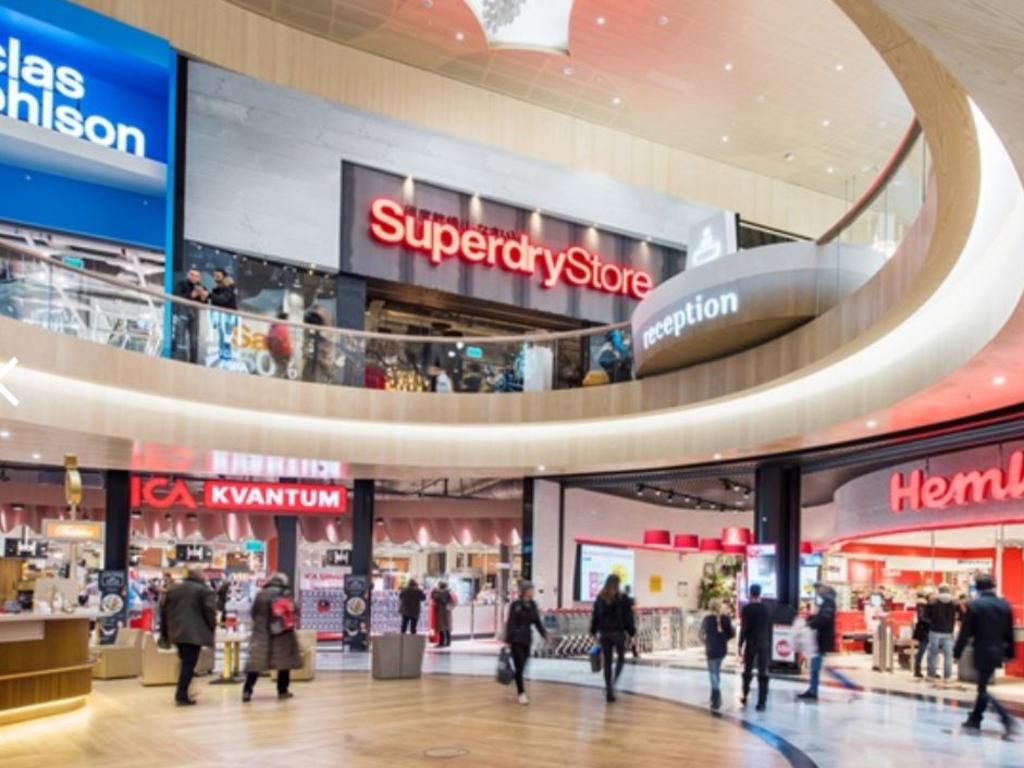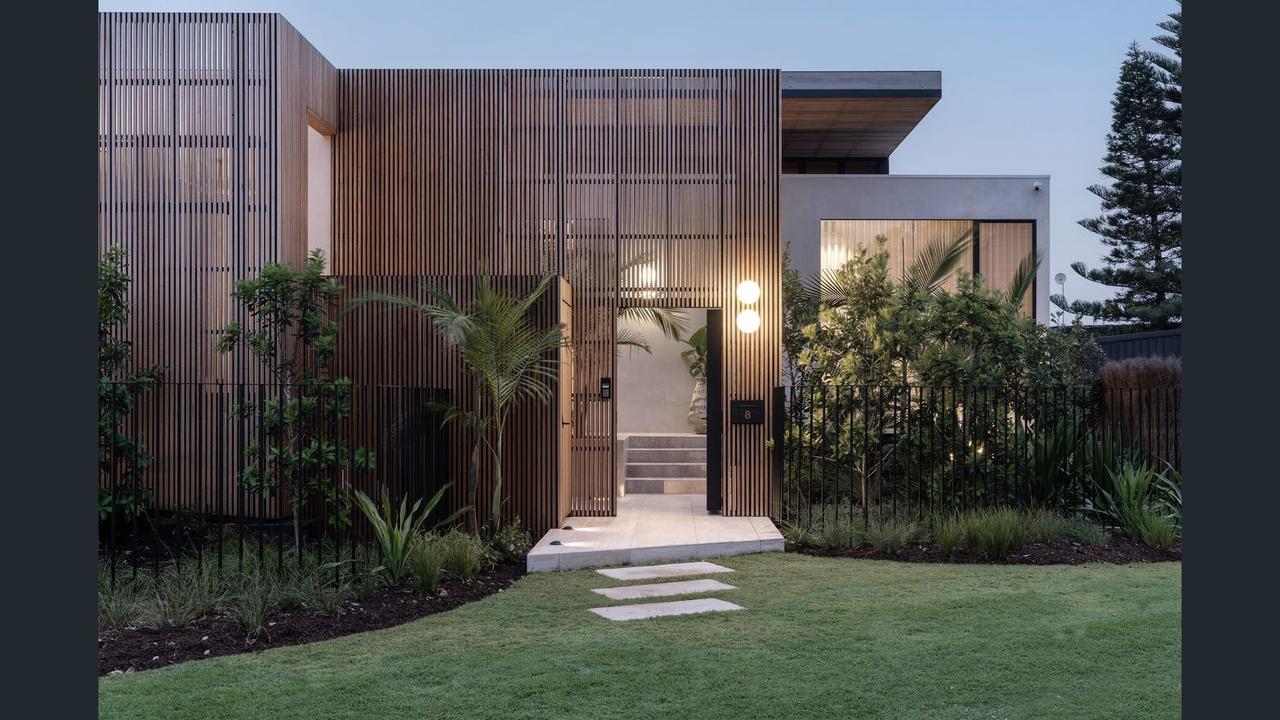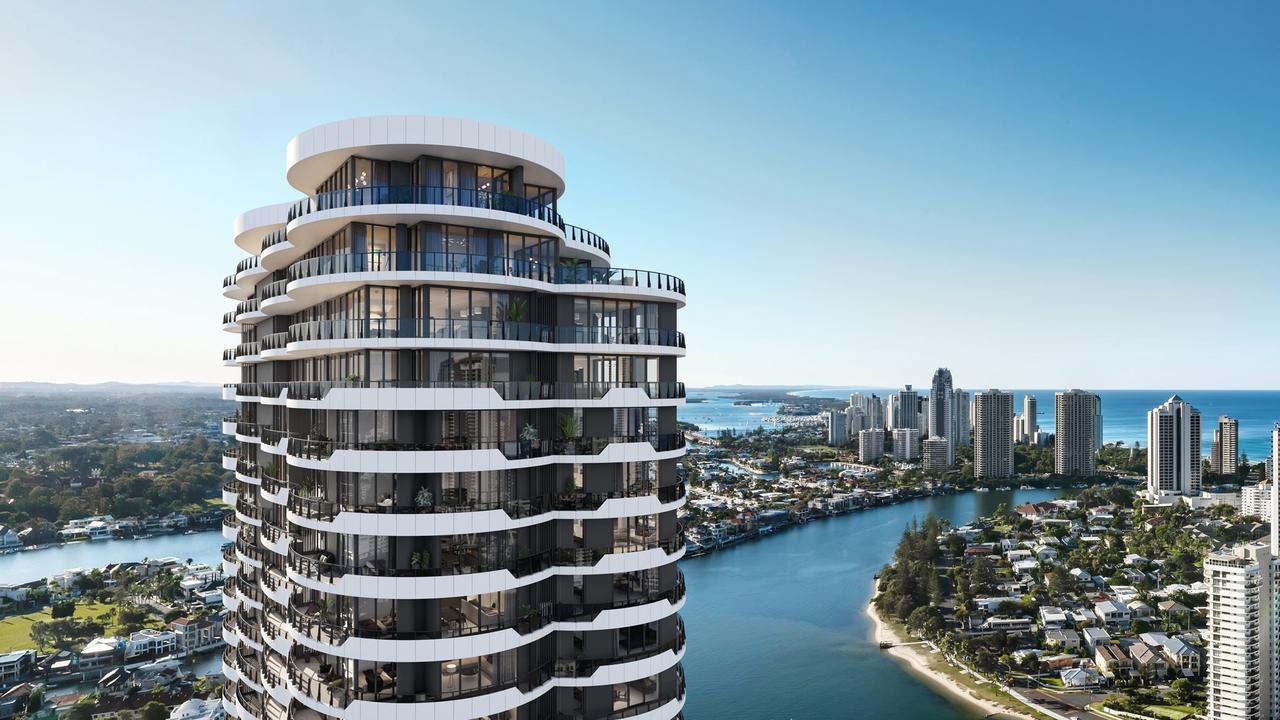Mall owner Unibail-Rodamco-Westfield hit by 27pc plunge in income
The French buyer of the global Westfield empire is delaying projects worth billions and selling malls after income sank 27pc.

International shopping centre giant Unibail-Rodamco-Westfield has pushed back billions worth of development projects and will look to sell more malls as it deals with the coronavirus crisis.
The company, which bought the international Westfield empire in a $32bn deal struck by Sir Frank Lowy in 2018, has been severely affected by the pandemic’s impact on the United States and Europe, where it owns malls.
Unibail, which also owns other commercial properties, said its recurring net result slumped by 27.2 per cent to €667m, as malls in some countries closed and others were hit by stay-at-home orders.
The company, which has a secondary listing on the ASX as part of the Westfield takeover, has dumped some large schemes, scaling back its development pipeline to €6.2bn, a €2.1bn drop, as it deals with the pandemic.
Chief executive Christophe Cuvillier said the first half of 2020 marked an unprecedented time as the mall owner was forced from March to substantially close most of its shopping centres for, on average, 67 days.
But he pointed to signs of recovery even as property values have slumped, as the company had an overall like-for-like portfolio revaluation of 5.1 per cent.
“After the reopening, the footfall and sales have been recovering better than anticipated. This shows our centres continue to be attractive destinations for people to visit and will see further increases in activity as life returns to normal,” he said.
Unibail has €12.7bn of cash and undrawn credit facilities available and also sold a 54.2 per cent stake in a portfolio of five French centres.
The mall owner is in advanced discussions on another €1bn of disposals and has a total of €4bn left to sell, with the aim of offloading these over the next couple of years.
The company‘s net reinstatement value - a measure of shareholders’ equity - declined 14 per cent and shopping centre valuations fell by 5.2 per cent, with the company’s gearing hitting 41.5 per cent.
The company said it was too early to provide new guidance on the outlook for 2020, citing the continued risk of government measures to combat COVID-19, as has happened in California, and the potential for further portfolio writedowns.
Unibail said of the €2.8bn of revaluation in the first half, about €2.3bn was related to COVID-19 impacts. Cash collection from tenants, bankruptcies and how the crisis evolves would impact on how it fared in this half.
Adjusted recurring earnings per stapled share fell 28 per cent on the same period last year to €4.65 per share with about 81 per cent of the impact coming from COVID-19.
Mr Cuvillier told investors that 2020 had started positively, but once shopping centres were shut this had significantly impacted operations. Some malls in France had to reopen later as larger centres in Paris and Lyon faced more restrictions while Sweden and Netherlands were hit by stay-at-home rules. In the United States, the Westfield World Trade Centre is still not allowed to open.
The group deferred April and May rents for stores that were closed and indicated there would be no penalties for late payment. No decision on rent relief has been made with talks starting in May.
But in a positive sign, malls operating for 11-12 weeks now have footfall at 80-90 per cent of normal times. However there are tighter rules in Spain and France while malls in business districts, like London’s Westfield Stratford and Westfield Les Quatre Temps, are being hit as people work from home.
Investors heard that shoppers were making quicker trips to malls to buy fewer items. Actual tenant sales in June were down 19.7 per cent which management saw as encouraging as restrictions ease but it warned that rent collection “needs a lot of work” after slumping to 38 per cent as the pandemic peaked.





